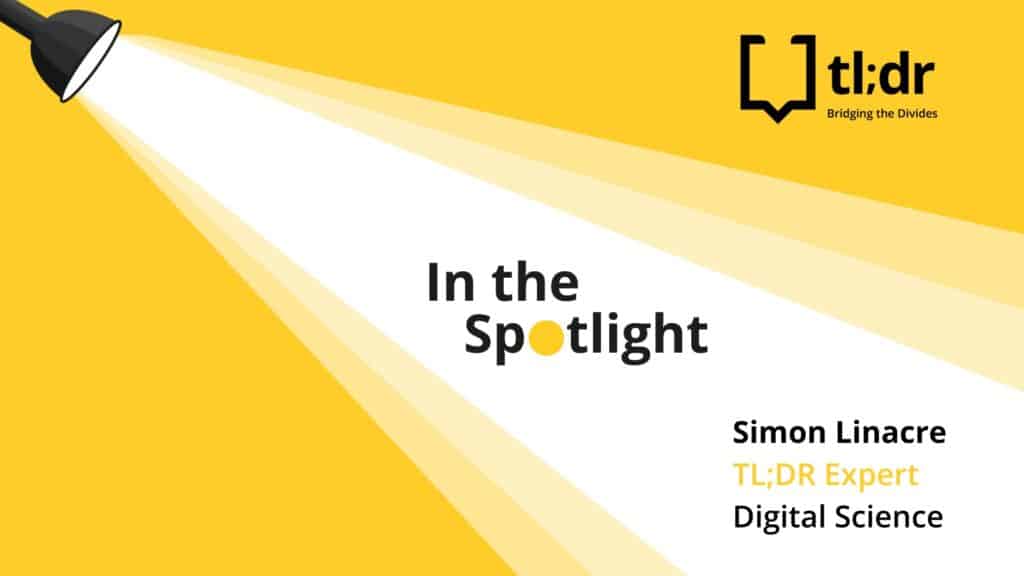
Last week’s Spotlight on social science research looked at its potential contribution to UK policy making. This week we identify the third key ingredient to improve UK research and innovation: how social sciences can underpin smart and responsible innovation.
The third ingredient in our Spotlight series on social science contribution is arguably the most easily recognizable one: that social sciences are essential to research and innovation in the area of governance, and how it should be an enabler rather than an obstacle to technological progress.
The report on which these Spotlight pieces have been based – Reimagining the Recipe for Research & Innovation by the Academy of Social Sciences (AcSS) – identifies that the social sciences occupy a strategically vital place in their ability to enhance our understanding of human behavior, public opinion, legal systems, markets and policy. Without this understanding, the underpinning of any research and innovation program becomes much less stable.
Three’s a charm
The authors of the AcSS report – which include Dr Juergen Wastl and Kathryn Weber-Boer from Digital Science – identify the third ingredient specifically as the ability of social sciences to take on board different perspectives. For example, historical, geographical/cultural and legal perspectives all lend themselves to a wider understanding of the import and impact of technological innovation. The authors use the case of biotechnology governance to illustrate their point – some countries will regulate keenly, while others will have a more laissez faire approach, depending on contextual factors relevant to each dominant culture or nation state.
Sometimes these factors can be encapsulated in a single paper – the authors identify such an article that looks at legal implications of EU law and AI, which can spread across different areas in a way that STEM papers would struggle to achieve, and in doing so build bridges between those areas.
Active ingredient
Perhaps more than any other ingredient in this four-part series, the role social sciences play in underpinning smart and responsible innovation is perhaps the most dynamic and visible.
The authors show this by using Dimensions data: according to Dimensions, most UK research in law relating to digital health had been funded through the UK’s engineering and physical sciences public funding body. Research that had been funded in this way related to specific areas such as governance of AI and smart home security – in other words, social science research influencing and informing innovation.
More than any other ingredient… the role social sciences play in underpinning smart and responsible innovation is perhaps the most dynamic and visible.

Case study
The specific case study drawn out by the AcSS report authors concerns the hot topic of AI and how it relates to the field of robotics. Where does social science fit in here? The authors identify a specific paper which they see as emblematic of the influence social sciences can have on research and innovation.
The article in question identified an apparent incompatibility between European notions of discrimination and existing work on algorithmic and automated fairness. The article made three key arguments: EU non-discrimination law doesn’t provide a ‘static’ framework aligned with testing for discrimination in AI systems; discrimination is essentially a human behavior, and as such is difficult to identify in AI systems; setting standards of evidence might help make processes consistent, but not necessarily where judicial decisions are involved related to AI.
More broadly, interdisciplinary research at one university has been shown to influence understanding of the impact of AI technologies on human rights, in turn helping to define human rights standards. Such impacts, where knowledge and experience embedded in social science research can support innovation and its responsible adoption, are likely to be critical as AI and other new technologies emerge.
Next Time
The fourth and final ingredient is… Social sciences are essential to international collaboration and tackling shared global challenges.





























